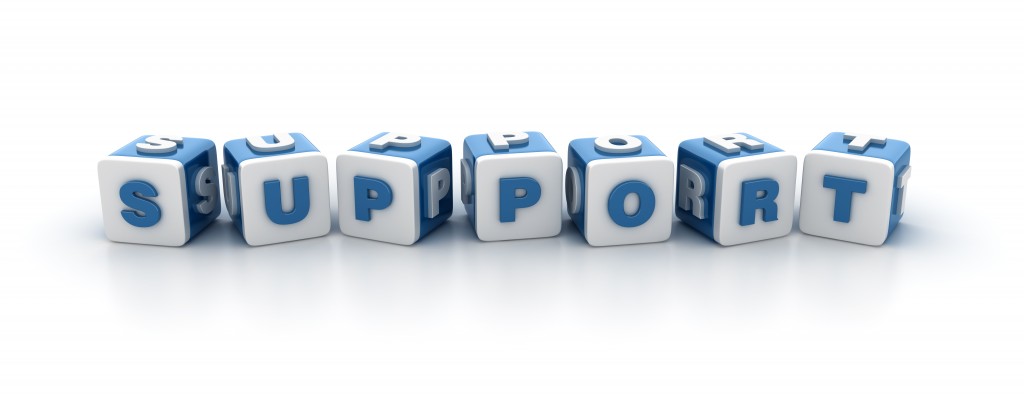

Blacklists may be produced manually or automatically and are often not available to non-customers of the blocking software. the control of information on the Internet and Web is certainly feasible, and technological advances do not therefore guarantee greater freedom of speech." īlocking and filtering can be based on relatively static blacklists or be determined more dynamically based on a real-time examination of the information being exchanged.
#Internet filtering software education Offline
Many of the challenges associated with Internet censorship are similar to those for offline censorship of more traditional media such as newspapers, magazines, books, music, radio, television, and film. 6.4 Transparency of filtering or blocking activities.6.3.7 Internet Society's Global Internet User Survey.6.3.6 BBC World Service global public opinion poll.6.3.3.2 RWB Special report on Internet Surveillance.6.3.3.1 RWB "Internet enemies" and "countries under surveillance" lists.4.4 Protection of existing economic interests and copyright.2.3.2 Official statements regarding site and content removal.

2.3.1 Removal of user accounts based on controversial content.2.3 Censorship of users by web service operators.2.1.5 Use of commercial filtering software.According to GlobalWebIndex, over 400 million people use virtual private networks to circumvent censorship or for increased user privacy.
#Internet filtering software education free
Perception of internet censorship in the US is largely based on the First Amendment and the right for expansive free speech and access to content without regard to the consequences. In the same survey 83% agreed that "access to the Internet should be considered a basic human right" and 86% agreed that " freedom of expression should be guaranteed on the Internet". In a 2012 Internet Society survey 71% of respondents agreed that "censorship should exist in some form on the Internet". Support for and opposition to Internet censorship also varies. Other types of censorship include the use of copyrights, defamation, harassment, and various obscene material claims as a way to deliberately suppress content. An example is the increased censorship due to the events of the Arab Spring.

Internet censorship also occurs in response to or in anticipation of events such as elections, protests, and riots. While some countries have moderate Internet censorship, other countries go as far as to limit the access of information such as news and suppress and silence discussion among citizens. The extent of Internet censorship varies on a country-to-country basis. Individuals and organizations may engage in self-censorship for moral, religious, or business reasons, to conform to societal norms, due to intimidation, or out of fear of legal or other consequences. Internet censorship puts restrictions on what information can be put on the internet or not. Internet censorship is the control or suppression of what can be accessed, published, or viewed on the Internet enacted by regulators, or on their own initiative.


 0 kommentar(er)
0 kommentar(er)
